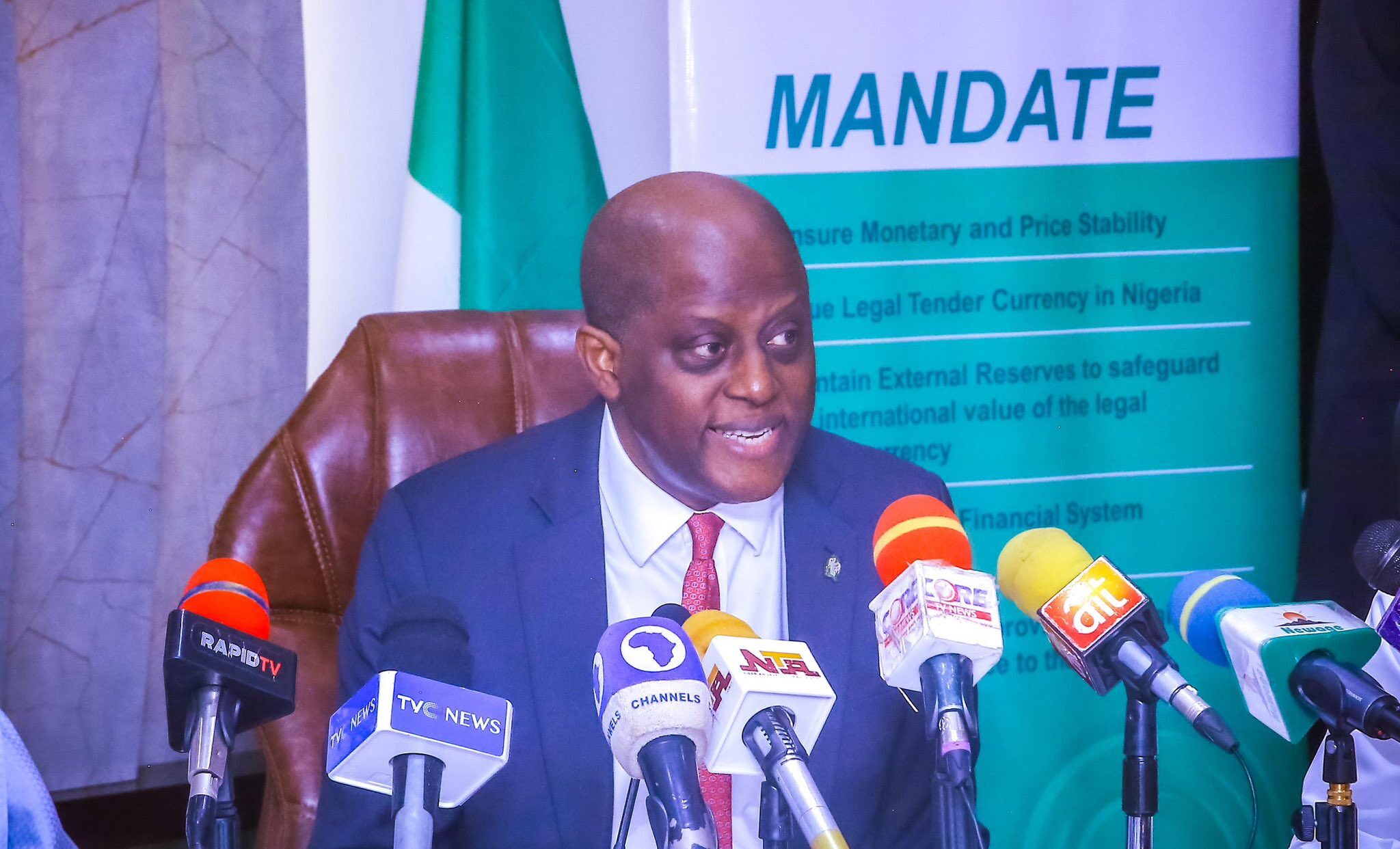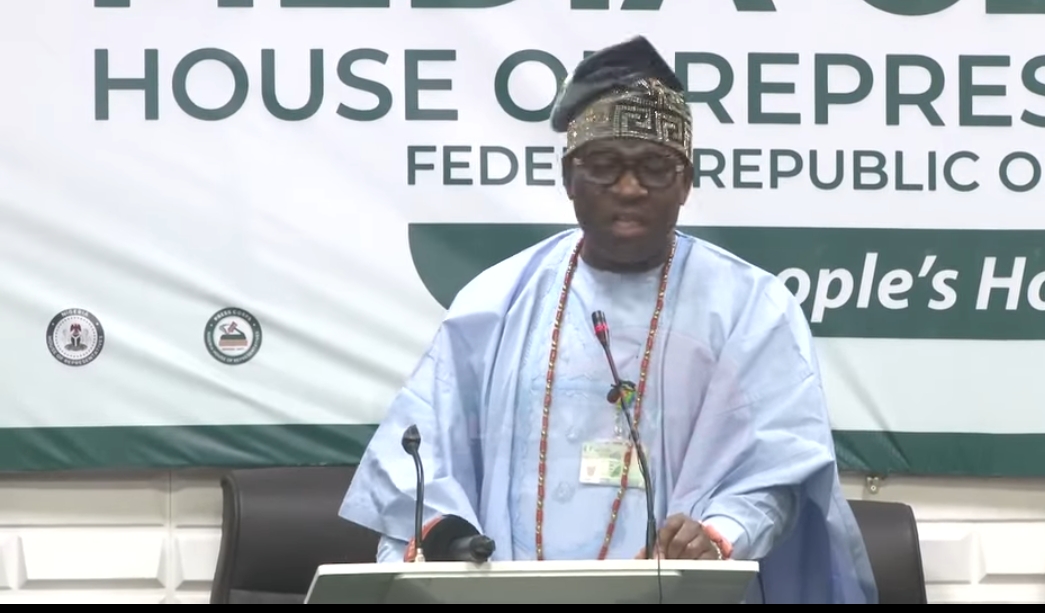
“Why I support higher interest rates in Nigeria” – Cardoso
Olayemi Cardoso, the Governor of the Central Bank of Nigeria (CBN), has emphasized the necessity of maintaining higher interest rates to address the persistent inflation issues plaguing the Nigerian economy.
The governor made this comment in his statement in the recently released ‘Personal Statement’ of the Monetary Policy Committee (MPC) members at the MPC meeting held between May 20 and 21, 2024.
The personal statements help show the decision-making of committee members responsible for monetary policy in the country. It also highlights their voting patterns.
Cardoso stated that tighter monetary policy accompanied by higher interest rates was at their disposal to solve the challenges of high inflation.
Cardoso also mentioned that while inflation had accelerated sharply at the beginning of 2024, there had been a noticeable deceleration in the past three months.
Despite this, he pointed out that year-on-year inflation still saw a slight increase in April.
He outlined several factors contributing to the inflationary pressures, including potential upward revisions of the minimum wage, adjustments in electricity tariffs, higher fuel prices, low agricultural output due to insecurity, elevated consumption during festive seasons, and the pass-through effects of exchange rate depreciation.
These factors, he stressed, would continue to be closely monitored to prevent a reversal of the disinflation progress achieved thus far.
Ultimately, Cardoso expressed his conviction to align with other MPC members in voting for further tightening.
His personal statement read: “After careful consideration, I was convinced to align with other members of the Monetary Policy Committee to vote for further tightening of the stance of policy. I, therefore, voted to increase MPR by 150 basis points from 24.75%to 26.25% .”
Cardoso’s advocacy for higher interest rates reflects a determined approach to combating inflation and ensuring economic stability but acknowledges both the monetary and structural challenges that need to be addressed in Nigeria’s economic landscape.
After its meeting, the MPC increased the benchmark interest rate by 150 basis points to 26.25% from 24.75%. It also retained the Cash Reserve Ratio (CRR) of Deposit Money Banks (DMBs) at 45% and put the Asymmetric corridor around the MPR at +100 and –300 basis points. The bank further set the liquidity ratio of banks at 30%.














Post Comment